Talking with and getting to know people, is my thing. When I have the opportunity to talk with a fellow author, it’s always fun. CW Hawes agreed to chat with me so I might share the discussion with you. I hope you enjoy this and I look forward to your comments. Share as you wish.
CW you are amazing with both the volume and types of books and poetry you write. So let’s go back a bit and tell the readers about you.
When did you decide you want to be an author?
Ever since I can remember, I’ve wanted to write for a living. However, I didn’t get serious about writing until 1989, when I was 37. I wrote Festival of Death, the version that’s still in the drawer, and decided a year to write a book and who knows how long to find a publisher was too long. And the book wasn’t very good on top of it. I decided to set fiction writing aside and turned to poetry.
Why poetry? Poems are short. I could produce finished work in a short period of time and send it off to a magazine without trying to find an agent first. And it was easier to find markets for poetry than short fiction.
You clearly have no fear of writing in multiple genres, but do you have a favorite genre?
If forced to pick just one genre or sub-genre, I’d choose private detective mysteries.
Which of your books in that genre do you believe achieved your goal?
I don’t really have any goal when I write other than write the best book I can and have fun while doing it. In that sense, all of my books achieve my goal.
I understand you write based on your characters and the overall plot, but not with a pure ending in mind?
The great advantage of genre fiction, is that it is formulaic. And being a pantser, that works very well for me. I don’t have to focus on anything other than the characters. And because genre fiction follows fairly simple formulas, as Raymond Chandler noted, it all boils down to style.
CW, you definitely have a delightful style of writing.
Do your characters tell you where they want you to take them?
Ray Bradbury supposedly said: Create your characters, let them do their thing, and there’s your story. And that’s what I follow. Because who remembers plot? It’s the characters we remember.
With retirement on the horizon I understand you turned from poetry to fiction. Do you still do some poetry?
Very little. I need to read the same type of books as I’m writing. Otherwise, my muse starts coming up with ideas for what I’m reading instead of what I’m writing. If I spend time thinking poetry, that doesn’t work so well with fiction writing.
Do you have a time of day you prefer to write? Why does this time work best for you?
I prefer to write in the morning. It’s when my mind is fresh and uncluttered.
Many of your novels are part of a series, such as Van Dyne’s Zuvembies which I finished recently? Is that because characters like Pierce Mostyn insists on being heard or something else entirely?
As a reader, I prefer series. If I like the characters, I want to read lots of stories about them. As a writer, I think the series is good economy. If I have a character, or characters I like and readers like, why stop at one book? And a series saves a lot of time when it comes to planning the next book.
Do you have preferred genres to read?
Yes, I do! My favorites are private detective mysteries and supernatural horror. Although I won’t turn away from a lost world story, or one set underground. A good sea story is also hard to resist.
I notice in looking at your books, your covers are interesting and different. Who creates your covers?
Thank you! I’ll take that as a complement. My wife is the one who has created most of the covers on my books. I give her the general idea and she takes it from there.
Wow, that is a totally intriguing cover. I often buy books based on the cover and this one is screaming ‘buy me!‘.
The covers your wife has designed are excellent and compelling. I will list some below
However, the Pierce Mostyn series and my ghost story “Ancient History” were made by fellow indie author Ben Willoughby.
I’ve also had graphics work done for me by another indie author, Crispian Thurlborn.
I know your books are offered as eBooks, do you do any in paperback or audible?
I have a few books in paperback, but not many. My focus has been on ebooks as they are the bread and butter for the vast majority of indie authors.
If not, is that something planned for the future?
Yes, it is. My readership tends to be an older demographic and they often prefer paper. And sometimes audio books.
So eventually all of my books will be in paper.
Audio books, in my opinion, are going to be bigger sellers for indies than paperbacks, because ebooks and audio books are favored by younger readers. So I definitely want to get into the audio book market.
The problem is that it is expensive to do so. However, one can take a DIY approach to the audio book. The equipment isn’t terribly expensive. If you can find a quiet enough place to record, you can make your own audio books. So this will be something I’ll be experimenting with in the next few years.
Which of your books so far are you most proud of?
A very difficult question! For me, each book is a success story and one in which I’m very proud. Each book is also different. And hopefully better than the one before it.
I’ll say this, the one book that means the most to me in a sentimental way is Festival of Death. It was the first novel I wrote, even though the current version is very different from the one I wrote back in 1989. It’s the beginning of Tina and Harry’s adventures, and they are my favorite children.
How do your short stories sneak in between your novels?
I love short stories. The problem today is that they don’t sell. But it is important for indies to publish often, or they fall off Amazon’s algorithms. And to do so, means we vanish from the eyes of any potential readers browsing Amazon’s virtual pages.
Aside from simply liking to write short stories, they give me something to offer to my mailing list and to publish in between novels.
If you were having a dinner provided by a master chef and were allowed to invite two authors (living or not) to join you who would they be and what would you want to ask them?
I’d love to have dinner with Anthony Trollope, known as the Victorian Writing Machine, and H. Bedford-Jones, nicknamed the King of the Pulps.
Those two writers were not only excellent craftsmen, and exceedingly prolific, but they offer the beginning writer very practical advice regarding writing as a business and career.
Both men turned out three-quarters of a million words a year, year after year, and made piles of money from their fiction. Their advice is invaluable. So I’d be picking their brains on how to produce more and better books. Both men were very popular in their day.
In my opinion, every writer should read Trollope’s Autobiography. It’s in the public domain and available from Project Gutenberg for free. Bedford-Jones’s book, This Fiction Business, is out of print, but well worth the effort to find a copy. Both books are old and a bit dated, but both are inspirational and still offer good advice to writers today.
What can fans expect to see from CW Hawes in the next few months?
By the end of the year I hope to have another Justinia Wright mystery novel and two novelettes published. I’m also working on an occult detective series which I hope to launch next year.
CW, I am glad you are staying busy. A couple of other books to consider, just happen to have covers designed by his wife. Check out these books as well!
The Moscow Affair Will her heart or her conscience win the day?
The year is 1953 and Hall Media’s star reporter Lady Dru Drummond is on her way to Moscow. With her is her journalist partner and lover Karl von Weidner. They are to report on the death of Soviet dictator Joseph Stalin and the jockeying for power that’s begun within the walls of the Kremlin.
The Moscow Affair is the first book in an international action-adventure series that takes place in an alternative history world. Here you’ll find compelling characters, humor, suspense, and a strong and sensitive female heroine. If you like Lara Croft, Agent Carter, or a female version of Indiana Jones, you’re sure to enjoy this new sci-fi series, where World War II never happened and swing and Streamline Moderne never went out of style.
The Morning Star – It’s happened. Billions went to bed and billions never woke up.
Overnight the world as we know it is gone. Those who remain are mostly lost. A few know what to do and are ruthless in doing it.
The Morning Star is the initial book in CW Hawes’s The Rocheport Saga. If you like post-apocalyptic classics such as Earth Abides, The Day of the Triffids, Death of Grass, and Terry Nation’s Survivors, you’ll enjoy this series that is thoughtful and captivating.
Find and Follow CW Hawes
CW enjoys exchanges with readers and fellow authors. You might want to subscribe to his news letter.
Author’s Facebook Page https://www.facebook.com/CWHawes1
Facebook Profile https://www.facebook.com/chris.hawes.526
Email cwhawes@cwhawes.com
Website https://www.cwhawes.com/my-books/
Twitter https://twitter.com/cw_hawes
CW, I have enjoyed our conversation and really look forward to getting together soon. Please let me know when your next book is released and I will try to review it here. Readers, thank you for visiting. Please leave a comment. Take care, Rox

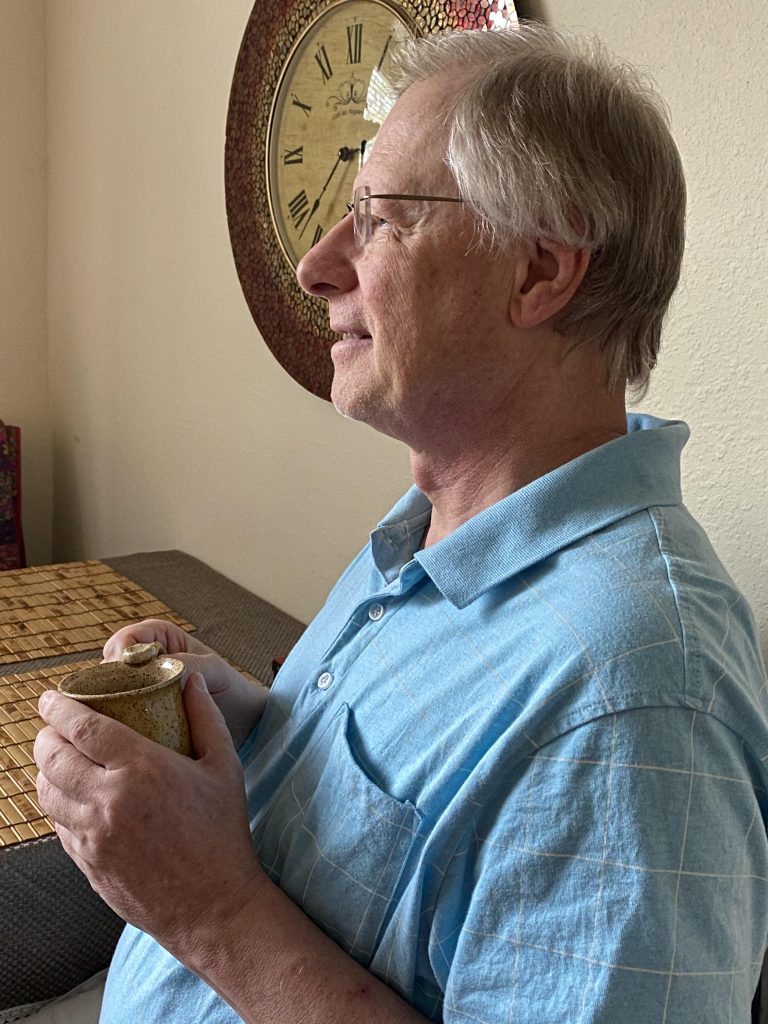
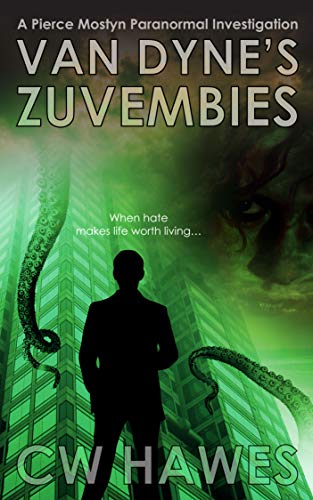
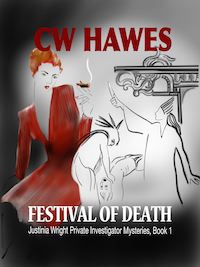
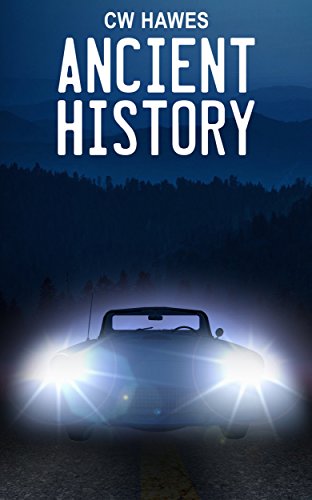
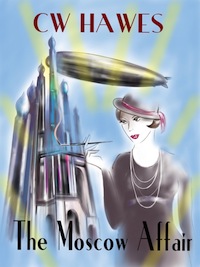
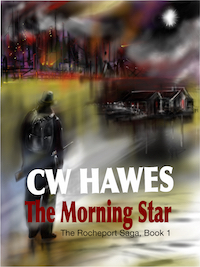
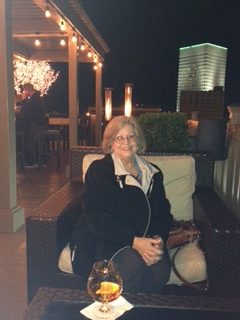
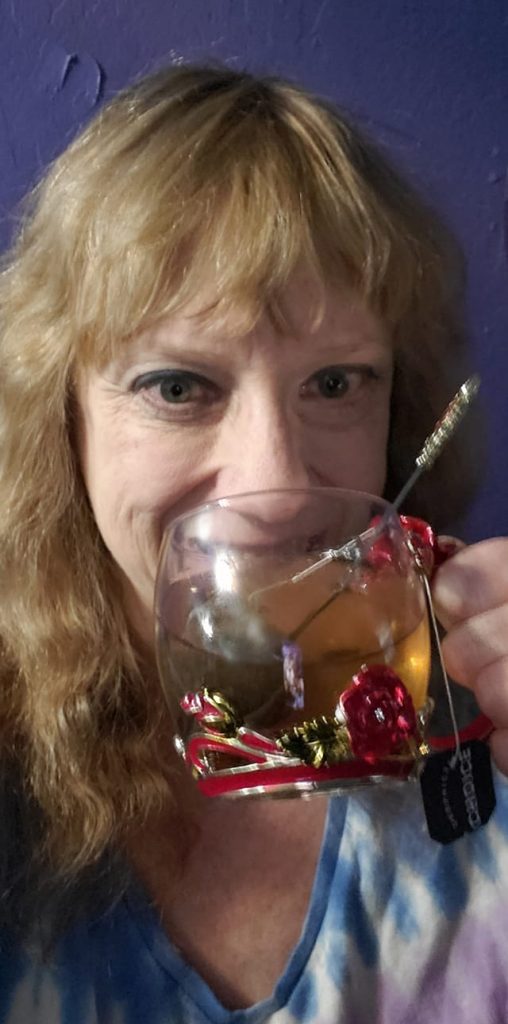
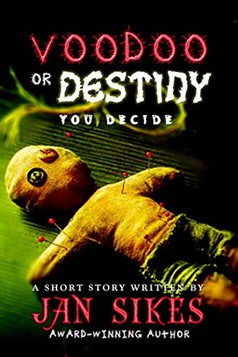
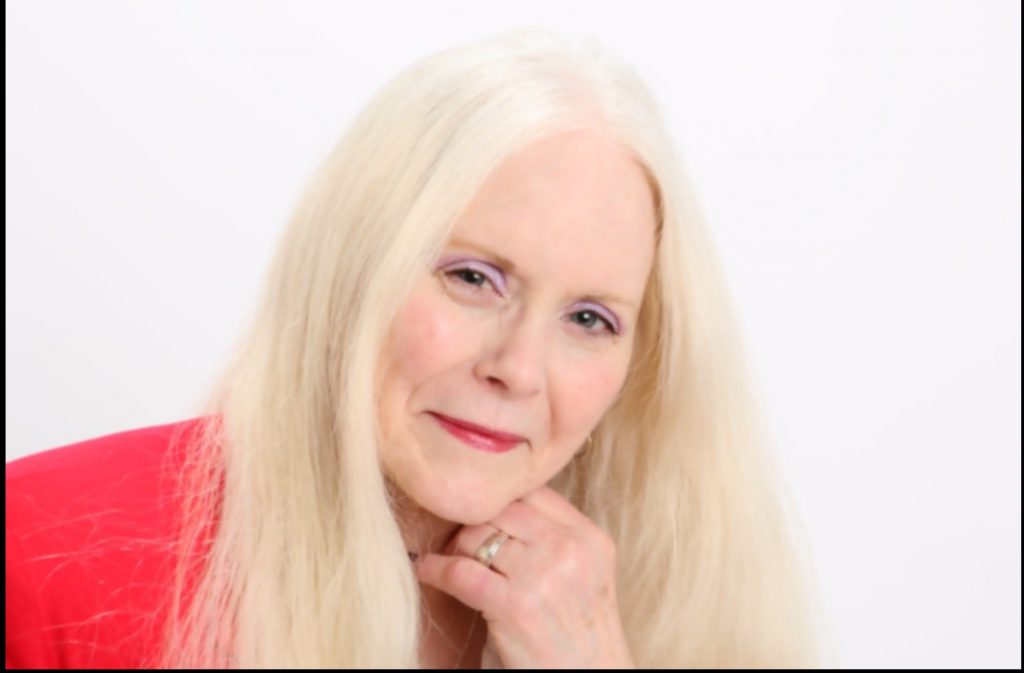
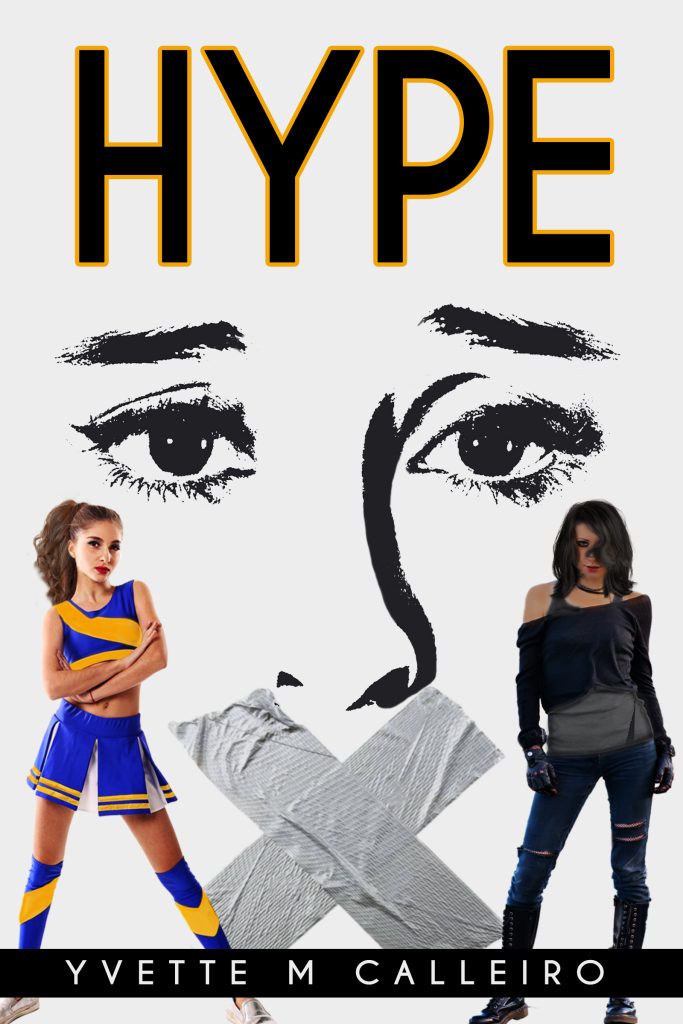
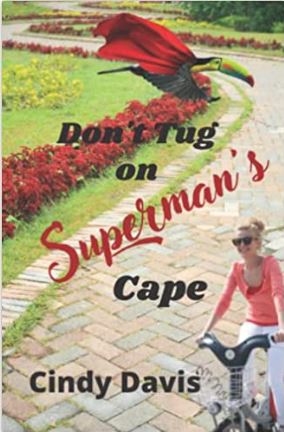

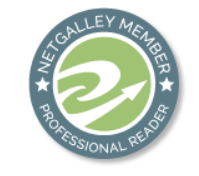

2 replies to "Sittin’ Down with CW Hawes"
Rox, You do such thorough and interesting interviews. I am just getting to know CW. Wow! I can’t believe how much he has written. I am a mystery buff too. I will have to pick up Festival of Death.
He does seem to have a great variety. Thank you so much for checking in. I love comments. Take care.